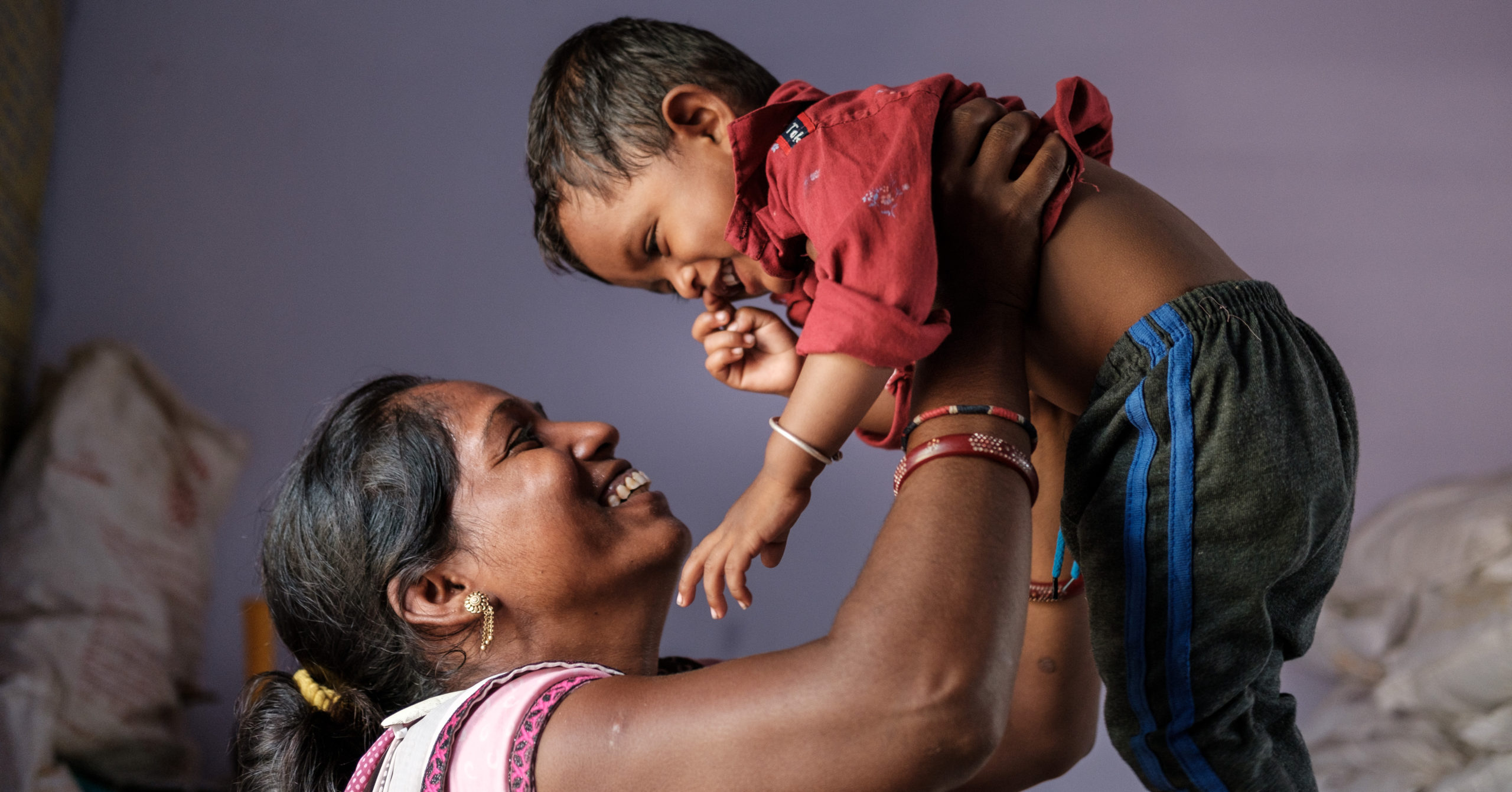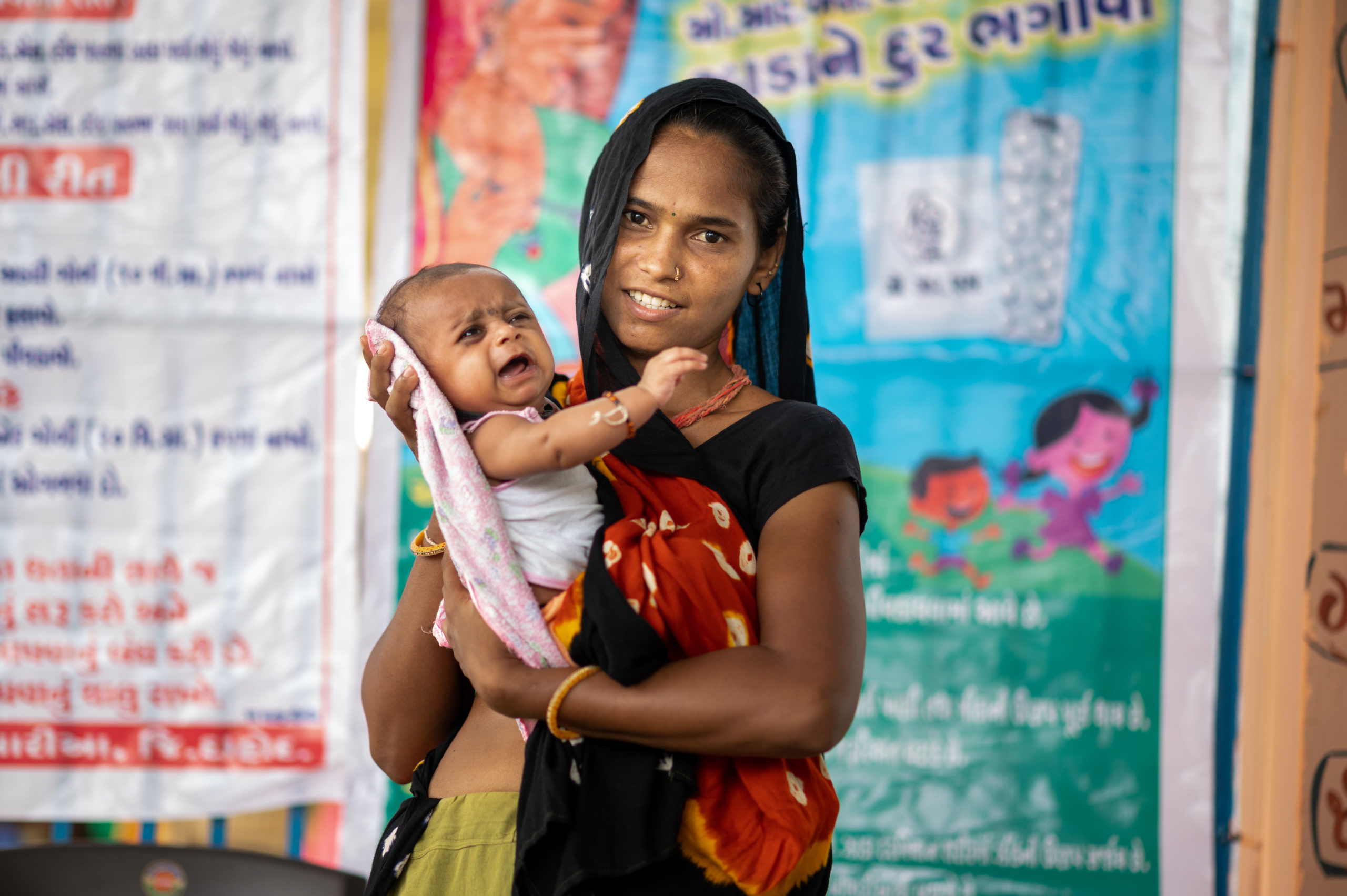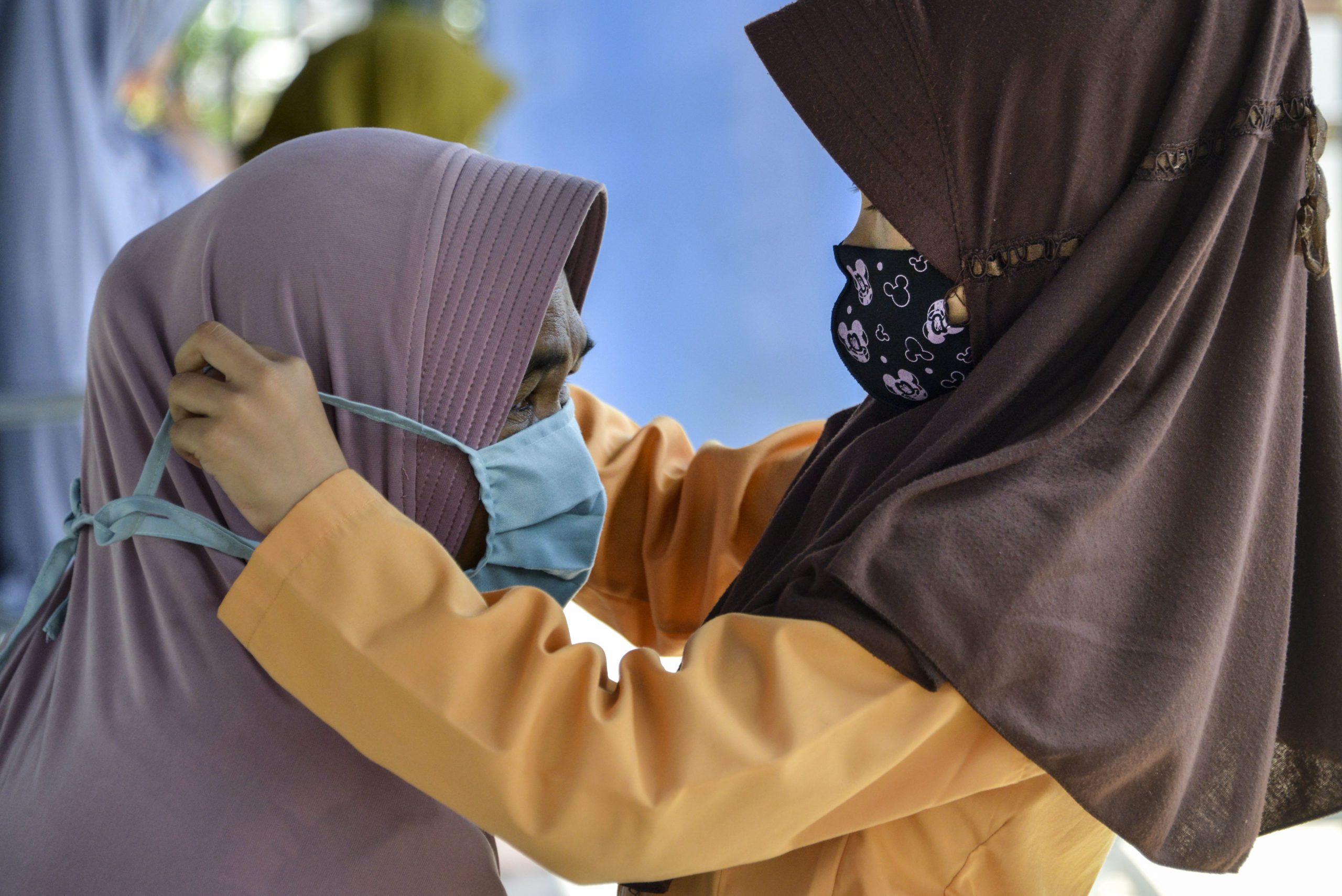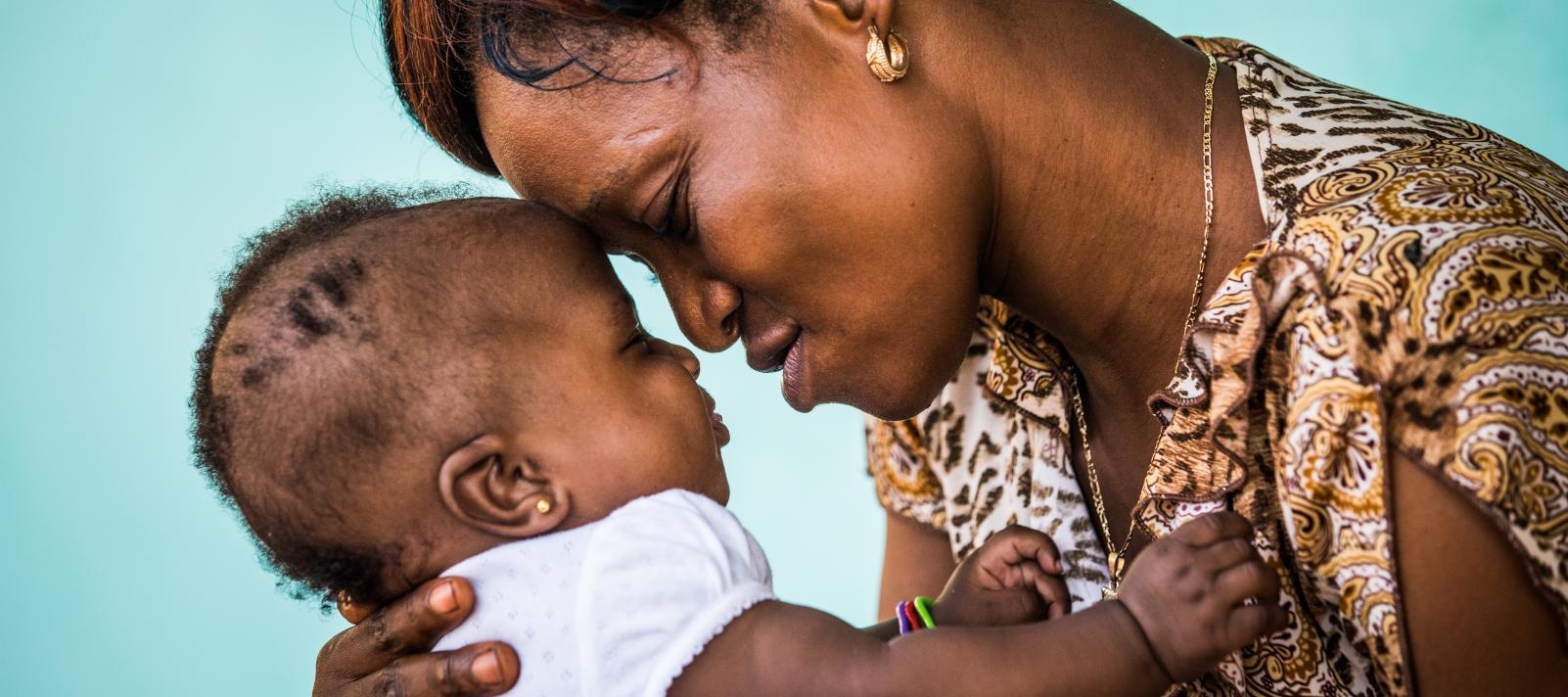Protect the progress: Rise, refocus, recover
2020 Progress Report on the Every Woman Every Child Global Strategy

The past decade has largely been a time of progress for many women, children and adolescents around the world. Under-five deaths reached an all-time recorded low in 2019, more than a billion children were vaccinated in the last 10 years, and more girls are staying in schools than ever before. Yet, progress has been uneven and fragile, with global factors such as conflict, the climate crisis and COVID-19 threatening to reverse it. The ongoing COVID-19 pandemic in particular is exacerbating existing inequities, with disruptions to essential health services disproportionately impacting the most vulnerable women and children, according to the new Protect the Progress report from the Every Woman Every Child (EWEC) coalition.
So far, school closures due to the pandemic have affected more than 1.5 billion children, with some likely to never return to school and others exposed to increased risk of domestic violence or early pregnancy. The report finds that even prior to the COVID-19 pandemic, far too many women, children and adolescents were unreached by health and other services, with birthplace being a significant determinant of survival. Those living in remote areas, in low-income countries and the millions who are forced to leave their homes due to conflict or other humanitarian disasters remained disproportionately affected. In 2019, for example, 82 per cent of under-five deaths and 86 per cent of maternal deaths were concentrated in sub-Saharan Africa and South Asia.
Since its launch in 2010, the EWEC movement has been one of the key multilateral drivers of progress, and is now poised to protect the gains made prior to the COVID-19 pandemic and to strengthen its role in helping countries meet the Sustainable Development Goals by 2030. As the intensive tracking of the COVID-19 pandemic tells us, timely, disaggregated data will be critical in targeting actions and preventing rising inequalities.


